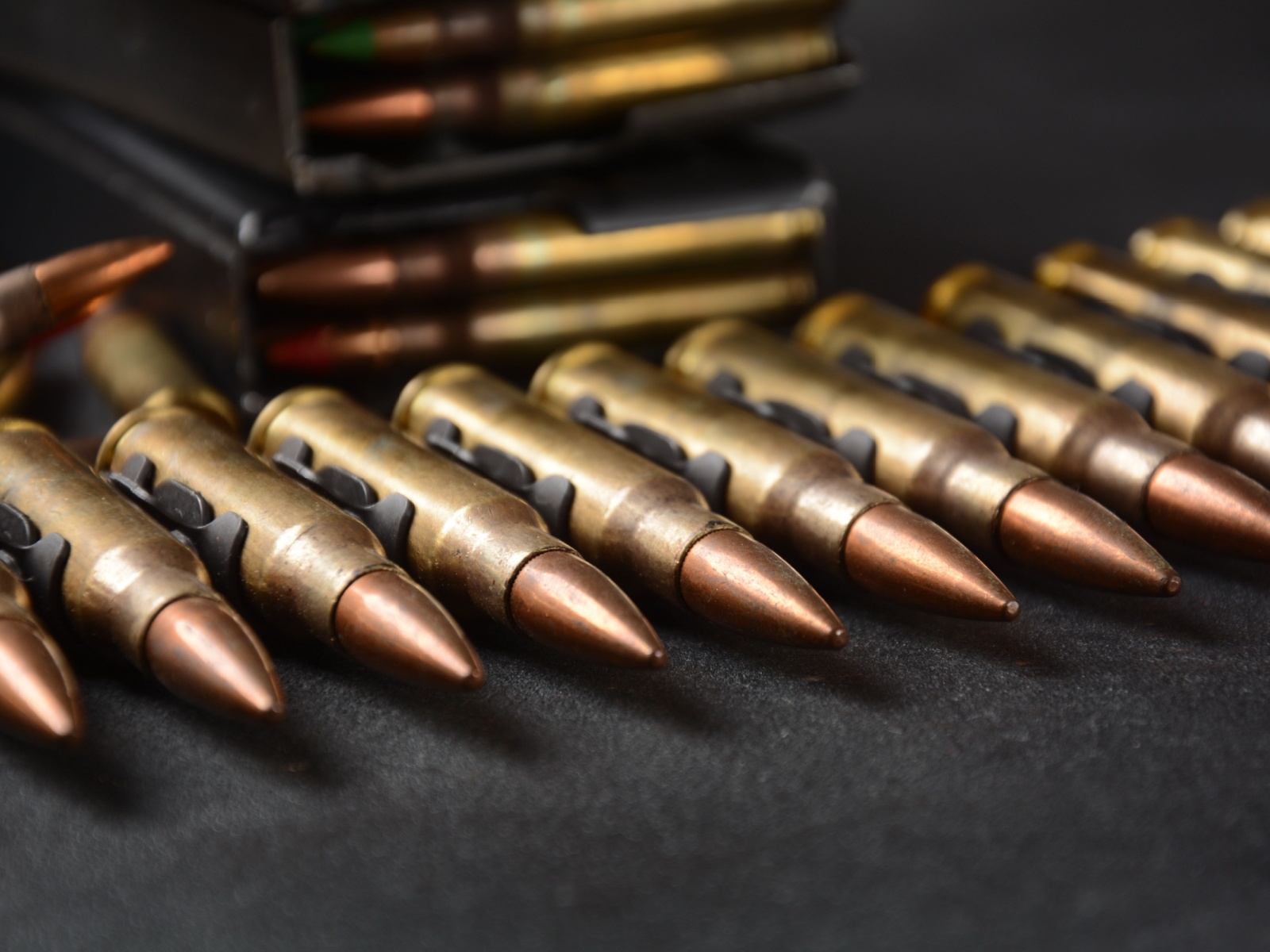MIL-STD-2105 Explosive Sensitivity Evaluation
The MIL-STD-2105 Explosive Sensitivity Evaluation is a critical procedure designed to assess the potential risk of accidental detonation or explosion in military and defense applications. This evaluation ensures that materials, components, and assemblies meet stringent safety standards, thereby protecting personnel and preventing catastrophic failures.
Accidents involving explosive substances can have severe consequences, ranging from minor injuries to loss of life. The MIL-STD-2105 protocol is essential for ensuring that any material or component used in military systems does not pose an undue risk when subjected to potential ignition sources such as friction, impact, or heat.
The evaluation process involves a series of controlled tests designed to simulate real-world scenarios where materials might be exposed to these factors. These tests are conducted using standardized methods and procedures outlined in MIL-STD-2105. The primary goal is to identify the minimum energy required to initiate an explosion, which helps determine the explosive sensitivity level.
The testing process typically involves several steps:
- Selection of appropriate materials for evaluation
- Preparation of specimens according to specified dimensions and tolerances
- Conduction of impact tests under controlled conditions
- Data collection and analysis
- Reporting results based on the criteria outlined in MIL-STD-2105
The evaluation process is vital for ensuring compliance with military requirements, enhancing safety protocols, and minimizing risks associated with explosive materials. By adhering to this standard, manufacturers can ensure their products meet the necessary safety standards and are suitable for use in demanding environments.
| Applied Standards | Description |
|---|---|
| MIL-STD-2105E | Department of Defense standard for explosive sensitivity evaluation of military hardware and materials. |
| ISO 7262:2013 | International standard for the determination of minimum ignition energy (MIE). |
The MIL-STD-2105 Explosive Sensitivity Evaluation is not only a regulatory requirement but also an essential tool for enhancing safety and reliability in military applications. By following this rigorous protocol, manufacturers can ensure that their products are safe to use under the specified conditions.
Why It Matters
The importance of MIL-STD-2105 cannot be overstated, especially within the military sector. Accidents involving explosive materials can lead to severe consequences, including property damage and loss of life. Ensuring that all components used in military hardware are rigorously tested for their explosive sensitivity is crucial.
- Reduces the risk of accidental detonation
- Promotes compliance with military standards
- Enhances overall safety protocols
- Aids in minimizing potential hazards to personnel and equipment
- Safeguards against catastrophic failures
The evaluation process is designed to identify the minimum energy required to initiate an explosion, which helps determine the explosive sensitivity level of a material or component. This information is vital for ensuring that materials used in military applications are safe under specified conditions.
By adhering to MIL-STD-2105, manufacturers can ensure their products meet the necessary safety standards and are suitable for use in demanding environments. This not only enhances reliability but also builds trust with end-users who rely on these products for critical missions.
Applied Standards
The MIL-STD-2105 Explosive Sensitivity Evaluation is based on several international and military standards. These include:
| Standard | Description |
|---|---|
| MIL-STD-2105E | Department of Defense standard for explosive sensitivity evaluation. |
| ISO 7262:2013 | International standard for the determination of minimum ignition energy (MIE). |
The evaluation process is designed to comply with these standards, ensuring that all tests are conducted under controlled conditions and meet the necessary criteria. This not only enhances reliability but also ensures consistency across different testing facilities.
Customer Impact and Satisfaction
- Enhanced safety for personnel handling explosive materials
- Increased confidence in product quality
- Reduced risk of catastrophic failures
- Promotion of compliance with military standards
- Safeguarding against potential accidents or incidents
- Achieving regulatory and certification requirements
- Building trust with end-users who rely on these products for critical missions
The MIL-STD-2105 Explosive Sensitivity Evaluation is a key factor in ensuring that all materials used in military applications are safe to handle and use. By adhering to this standard, manufacturers can ensure their products meet the necessary safety standards and are suitable for use in demanding environments.





